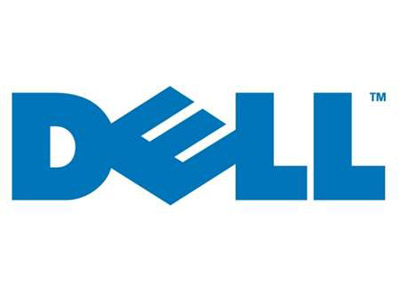Dell Says No Smartphones in Near Future
Dell will provide smartphone solutions, not smartphone hardware.
Get Tom's Hardware's best news and in-depth reviews, straight to your inbox.
You are now subscribed
Your newsletter sign-up was successful
During the Dell World conference in Austin, Texas, Dell president of global operations Jeff Clarke told attendees that the company will not enter the smartphone hardware business. Instead, Dell will provide smartphone solutions, and serve as the preferred BYOD provider of solutions in the marketplace.
Dell hasn't been all that successful in the mobile device segment. The Dell Aero smartphone was considered as a "huge disappointment" while its Venue line-up reportedly "fell short of the competition", thus the company threw in the U.S. smartphone towel earlier this year. What also didn't help was the Dell Streak tablets that didn't win customers over from Team Android and Team Apple.
What Dell has in mind now is to team up with its partners and build its own BYOD platform for enterprise clients using its own assets gained through acquisitions and in-house development. It will also press on in developing devices that are "more secure, more manageable, more reliable and durable" via business productivity services and enterprise-ready solutions.
Clarke told conference attendees that Dell remains optimistic about the PC sector despite its decline, that the company still has long-term prospects. ZDNet reports that Dell has taken an 11-percent drop in revenue year-over-year, and that the company's PC business has been hit the hardest. Dell's worldwide shipments have fallen nearly 10-percent while its market share in the PC sector has fallen 14-percent.
"I look at the middle class as it grows over the next 20 years from 1.8 billion people to 4.9 billion people and the opportunity for PCs there," he said.
The opportunity is the blurring line between personal and professional devices as more and more companies are allowing personal devices to access their networks, aka BYOD. Thus the best way to get a foot in the door is to develop Windows-based tablets and touch-based Windows PCs which can be used at home or in the office.
Currently Dell offers the XPS 12-inch convertible Windows 8-based Ultrabook, starting at $1199. There's also the XPS 10-inch Windows RT tablet starting at $499, and the Latitude 10-inch tablet for business with Windows 8 Pro and a starting price of $649. All three seemingly acknowledge that there's not only a need for BYODs, but a need to move away from the traditional desktop environment due to consumer demand.
Get Tom's Hardware's best news and in-depth reviews, straight to your inbox.

Kevin Parrish has over a decade of experience as a writer, editor, and product tester. His work focused on computer hardware, networking equipment, smartphones, tablets, gaming consoles, and other internet-connected devices. His work has appeared in Tom's Hardware, Tom's Guide, Maximum PC, Digital Trends, Android Authority, How-To Geek, Lifewire, and others.
-
Gundam288 I think Jeff Clarke is looking in the wrong direction for the "middle class" market given that a LOT of people use their phones for just about everything.Reply
In the next 20 years, I don't see the middle class needing to buy a new computer because of sites like craigslist and the fact that Microsoft is moving to tablets, phones, and PC unification into one OS from what Windows 8 has shown us so far if MS keeps moving down this path that is.
Everyone will need their own phone, while with PCs a family can share one. Odds are mom and dad already have one at this point given how digital we are now. I see the PC market stagnating sadly, at least until something new and revolutionary comes out in those 20 years that makes a current top of the line PC look like a TI-82.
